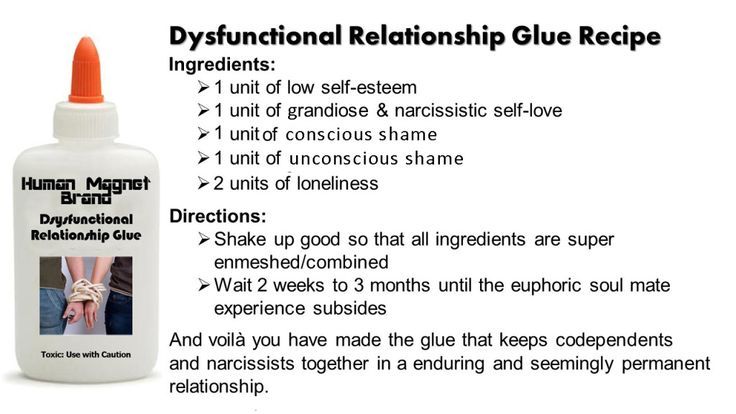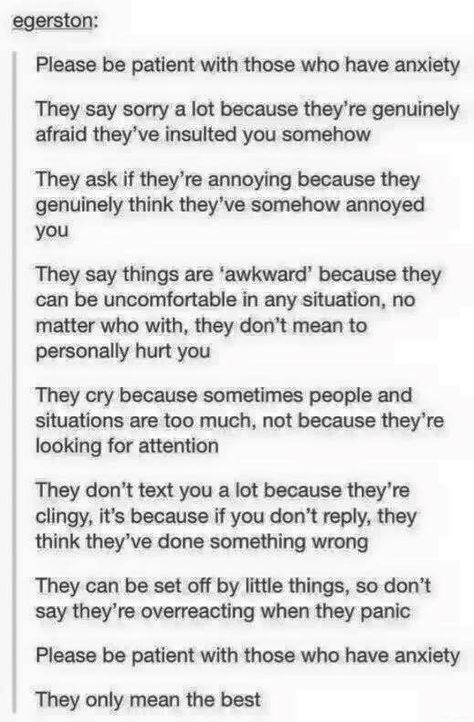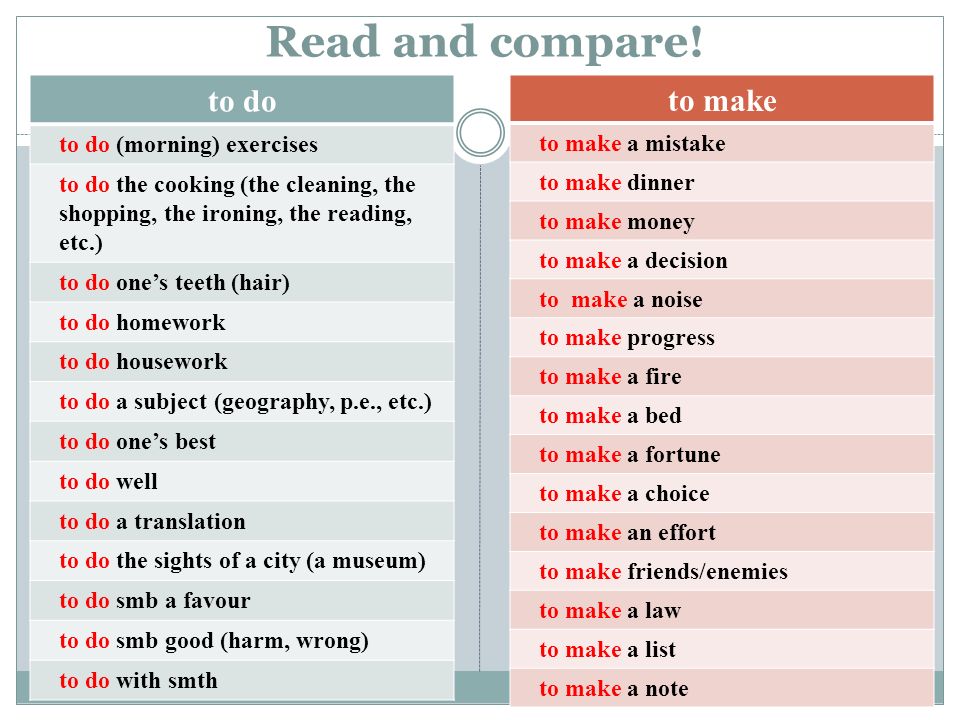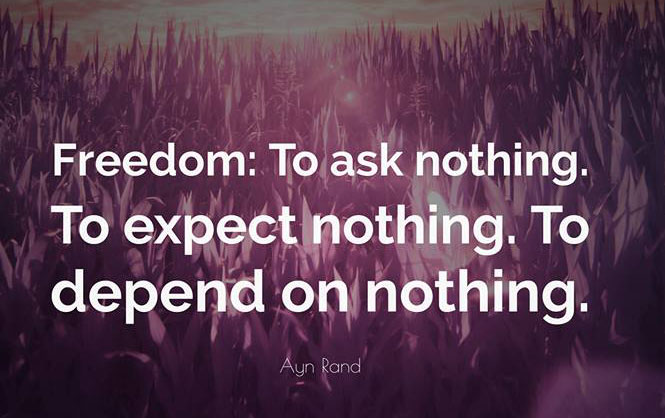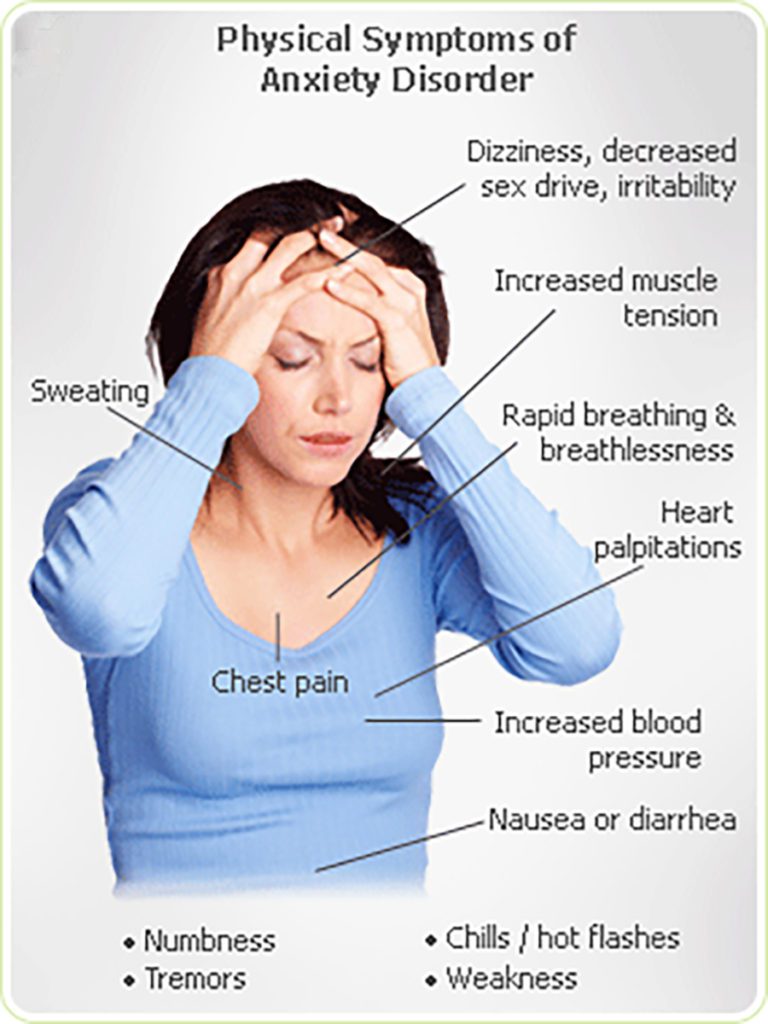Help getting out of an abusive relationship
How to Get Out of an Abusive Relationship
domestic abuse
Getting out of an abusive relationship isn't easy, but you deserve to live free of fear. Here’s how to find help for abused and battered women.
If you're in an abusive relationship
Why doesn't she just leave? It's the question many people ask when they learn that a woman is suffering battery and abuse. But if you are in an abusive relationship, you know that it's not that simple. Ending a significant relationship is never easy. It's even harder when you've been isolated from your family and friends, psychologically beaten down, financially controlled, and physically threatened.
If you’re trying to decide whether to stay or leave, you may be feeling confused, uncertain, frightened, and torn. Maybe you’re still hoping that your situation will change or you’re afraid of how your partner will react if he discovers that you’re trying to leave. One moment, you may desperately want to get away, and the next, you may want to hang on to the relationship.
Maybe you even blame yourself for the abuse or feel weak and embarrassed because you’ve stuck around in spite of it. Don’t be trapped by confusion, guilt, or self-blame. The only thing that matters is your safety.
If you are being abused, remember:
- You are not to blame for being battered or mistreated.
- You are not the cause of your partner's abusive behavior.
- You deserve to be treated with respect.
- You deserve a safe and happy life.
- Your children deserve a safe and happy life.
- You are not alone. There are people waiting to help.
There are many resources available for abused and battered women, including crisis hotlines, shelters—even job training, legal services, and childcare. Start by reaching out today.
If you need immediate assistance, call your country's emergency services number (911 in the U.S.)
For domestic violence helplines and shelters, click here.
If you're a man in an abusive relationship, read Help for Men Who are Being Abused.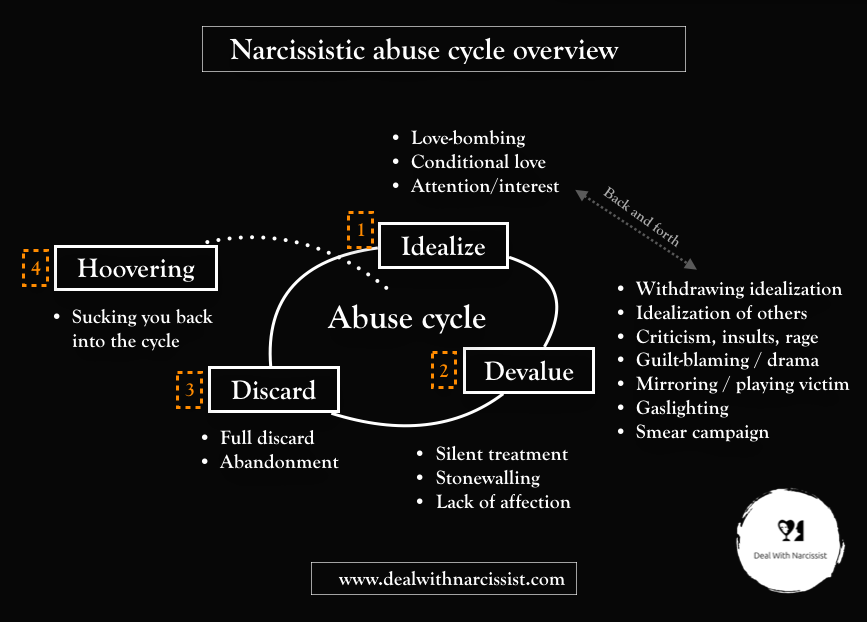
Making the decision to leave an abusive relationship
As you face the decision to either end the abusive relationship or try to save it, keep the following things in mind:
If you're hoping your abusive partner will change… The abuse will probably keep happening. Abusers have deep emotional and psychological problems. While change is not impossible, it isn't quick or easy. And change can only happen once your abuser takes full responsibility for his behavior, seeks professional treatment, and stops blaming you, his unhappy childhood, stress, work, his drinking, or his temper.
If you believe you can help your abuser… It's only natural that you want to help your partner. You may think you're the only one who understands him or that it's your responsibility to fix his problems. But the truth is that by staying and accepting repeated abuse, you're reinforcing and enabling the behavior. Instead of helping your abuser, you're perpetuating the problem.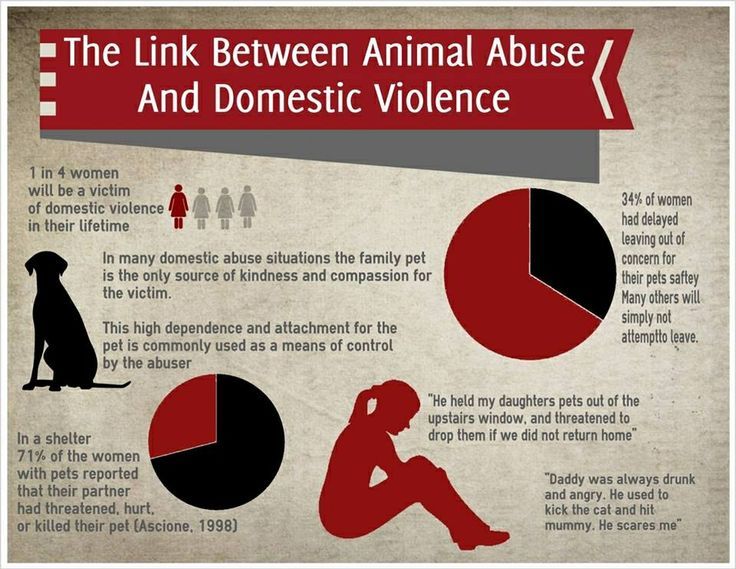
If your partner has promised to stop the abuse… When facing consequences, abusers often plead for another chance, beg for forgiveness, and promise to change. They may even mean what they say in the moment, but their true goal is to stay in control and keep you from leaving. Most of the time, they quickly return to their abusive behavior once you've forgiven them and they're no longer worried that you'll leave.
If your partner is in counseling or a program for batterers… Even if your partner is in counseling, there is no guarantee that he'll change. Many abusers who go through counseling continue to be violent, abusive, and controlling. If your partner has stopped minimizing the problem or making excuses, that's a good sign. But you still need to make your decision based on who he is now, not the man you hope he will become.
If you're worried about what will happen if you leave… You may be afraid of what your abusive partner will do, where you'll go, or how you'll support yourself or your children.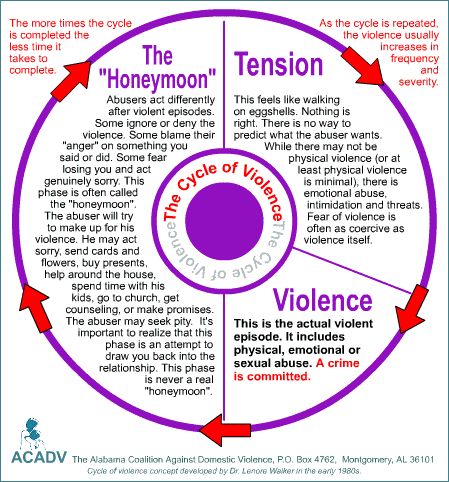 But don't let fear of the unknown keep you in a dangerous, unhealthy situation.
But don't let fear of the unknown keep you in a dangerous, unhealthy situation.
Signs that your abuser is NOT changing:
- He minimizes the abuse or denies how serious it really was.
- He continues to blame others for his behavior.
- He claims that you're the one who is abusive.
- He pressures you to go to couple's counseling.
- He tells you that you owe him another chance.
- You have to push him to stay in treatment.
- He says that he can't change unless you stay with him and support him.
- He tries to get sympathy from you, your children, or your family and friends.
- He expects something from you in exchange for getting help.
- He pressures you to make decisions about the relationship.
Safety planning for abused women
Whether or not you're ready to leave your abuser, there are steps you can take to protect yourself. These safety tips may might the difference between being severely injured or killed and escaping with your life.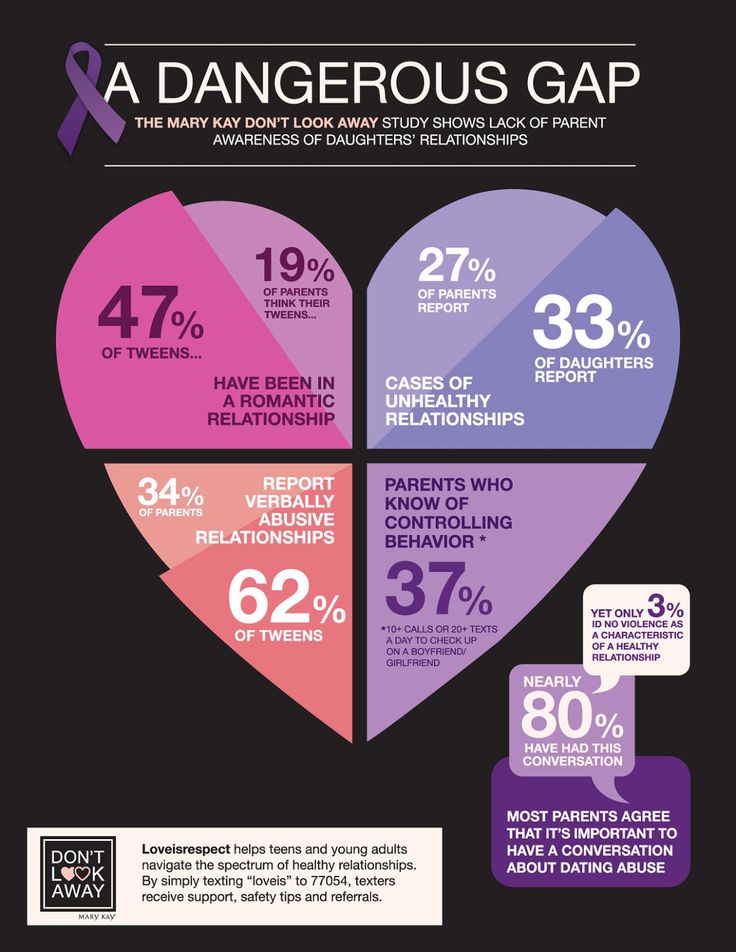
Know your abuser's red flags. Stay alert for signs and clues that your abuser is getting upset and may explode in anger or violence. Come up with several believable reasons you can use to leave the house (both during the day and at night) if you sense trouble brewing.
Identify safe areas of the house. Know where to go if your abuser attacks or an argument starts. Avoid small, enclosed spaces without exits (such as closets or bathrooms) or rooms with weapons (such as the kitchen). If possible, head for a room with a phone and an outside door or window.
Come up with a code word. Establish a word, phrase, or signal you can use to let your children, friends, neighbors, or co-workers know that you're in danger and they should call the police.
With over 25,000 licensed counselors, BetterHelp has a therapist that fits your needs. It's easy, affordable, and convenient.
GET 20% OFF
Online-Therapy.com is a complete toolbox of support, when you need it, on your schedule.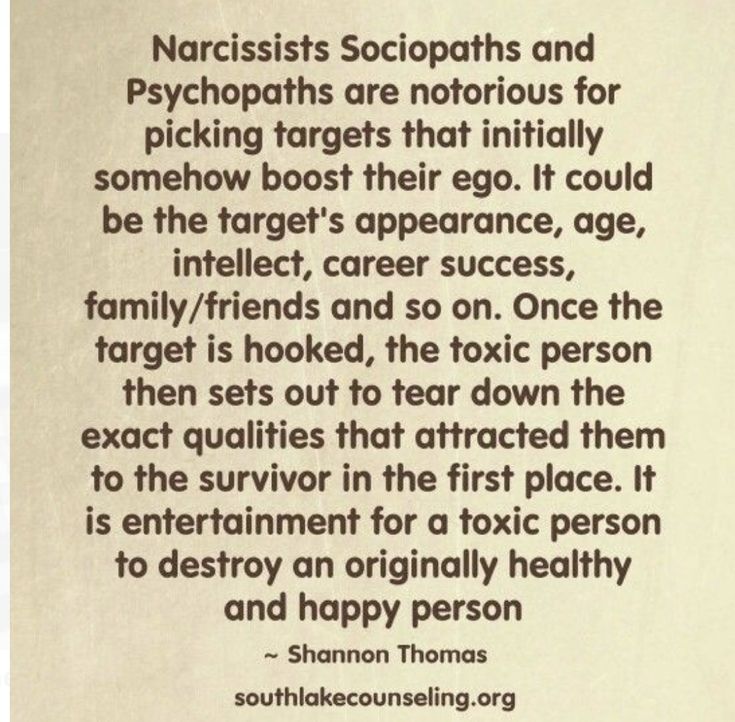 It only takes a few minutes to sign up.
It only takes a few minutes to sign up.
GET 20% OFF
Teen Counseling is an online therapy service for teens and young adults. Connect with your counselor by video, phone, or chat.
GET 20% OFF
Make an escape plan
Be ready to leave at a moment's notice. Keep the car fueled up and facing the driveway exit, with the driver's door unlocked. Hide a spare car key where you can get to it quickly. Have emergency cash, clothing, and important phone numbers and documents stashed in a safe place (at a friend's house, for example).
Practice escaping quickly and safely. Rehearse your escape plan so you know exactly what to do if under attack from your abuser. If you have children, make sure they practice the escape plan also.
Make and memorize a list of emergency contacts. Ask several trusted individuals if you can contact them if you need a ride, a place to stay, or help contacting the police. Memorize the numbers of your emergency contacts, local shelter, and domestic violence hotline.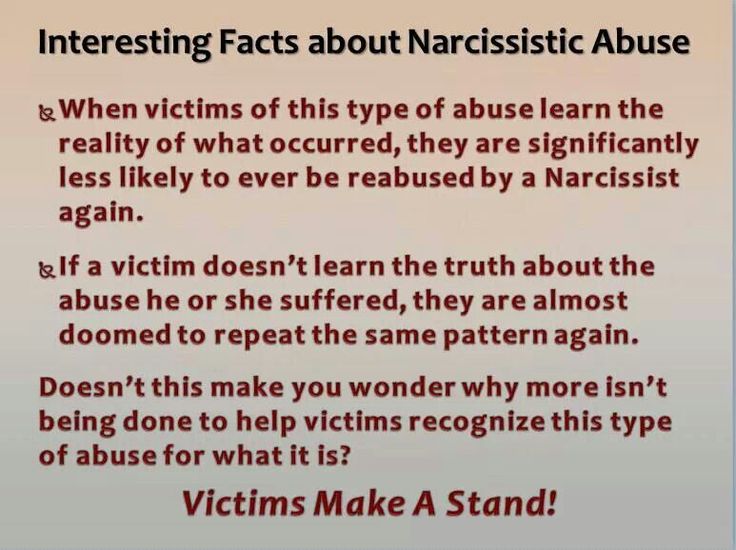
If you stay
If you decide at this time to stay with your abusive partner, here are some coping mechanisms to improve your situation and to protect yourself and your children.
- Contact a domestic violence or sexual assault program in your area. They can provide emotional support, peer counseling, safe emergency housing, information, and other services whether you decide to stay or leave the relationship.
- Build as strong a support system as your partner will allow. Whenever possible, get involved with people and activities outside your home and encourage your children to do so.
- Be kind to yourself! Develop a positive way of looking at and talking to yourself. Use affirmations to counter the negative comments you get from the abuser. Carve out time for activities you enjoy.
Source: Breaking the Silence Handbook
Protecting your privacy
Abusers often monitor their partner's activities, including their phone, computer, and Internet use.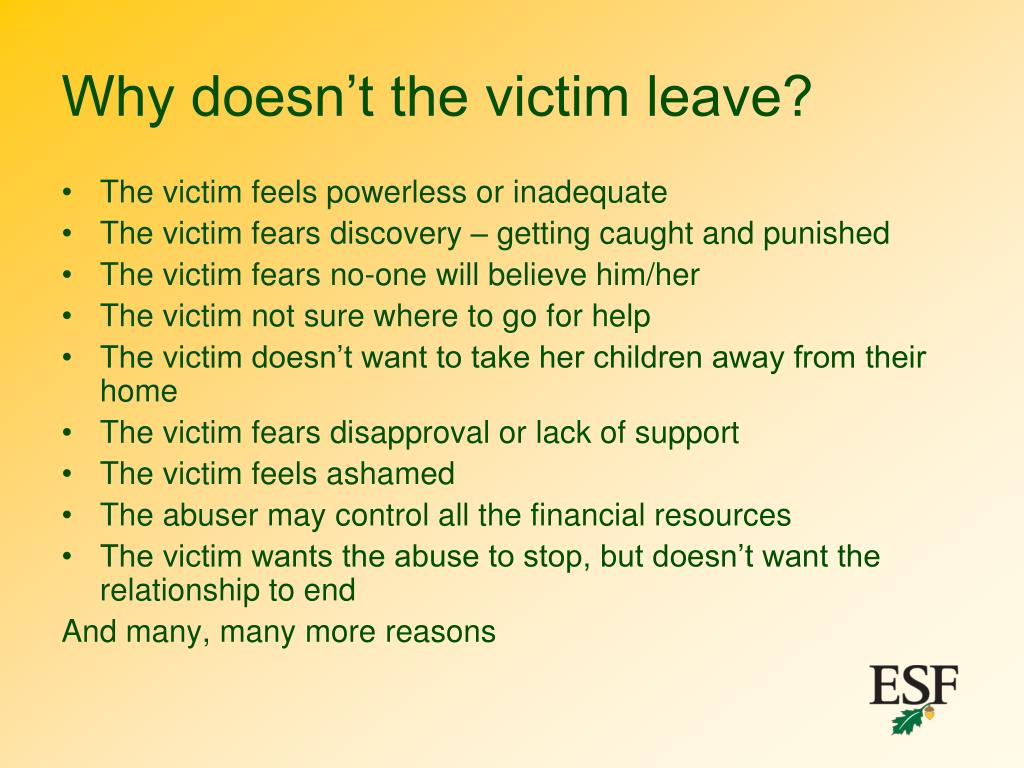 You may be afraid to leave or ask for help out of fear that your partner will retaliate if he finds out. However, there are precautions you can take to stay safe and keep your abuser from discovering what you're planning.
You may be afraid to leave or ask for help out of fear that your partner will retaliate if he finds out. However, there are precautions you can take to stay safe and keep your abuser from discovering what you're planning.
When seeking help for domestic violence and abuse, it's important to cover your tracks, especially when you're using the home phone, a smartphone, or a computer.
Call from a friend's or neighbor's phone when seeking help for domestic violence, or use a public pay phone or a “burner phone.”
Check your smartphone settings. There are smartphone apps your abuser can use to listen in on your calls, read your text messages, monitor your Internet usage, or track your location. Consider turning it off when not in use or leaving it behind when fleeing your abuser.
Get a second cell phone. To keep your communication and movements private, consider purchasing a prepaid cell phone (“burner” phone) or another smartphone that your abuser doesn't know about. Some domestic violence shelters offer free cell phones to battered women. Call your local hotline to find out more.
Some domestic violence shelters offer free cell phones to battered women. Call your local hotline to find out more.
Call collect or use your second cell phone. Remember that if you use your own home phone, the phone numbers that you call will be listed on the monthly bill that is sent to your home. Even if you've already left by the time the bill arrives, your abuser may be able to track you down by the phone numbers you've called for help.
Use a safe computer. If you seek help online, you are safest if you use a computer outside of your home. While there are ways to delete your Internet history on a computer, tablet, or smartphone that your abuser has access to, this can be a red flag that you're trying to hide something. Besides, unless you're very technical, it can be almost impossible to clear all evidence of the websites that you've visited. Use a computer at work, the library, your local community center, a domestic violence shelter or agency, or borrow a smartphone from a friend.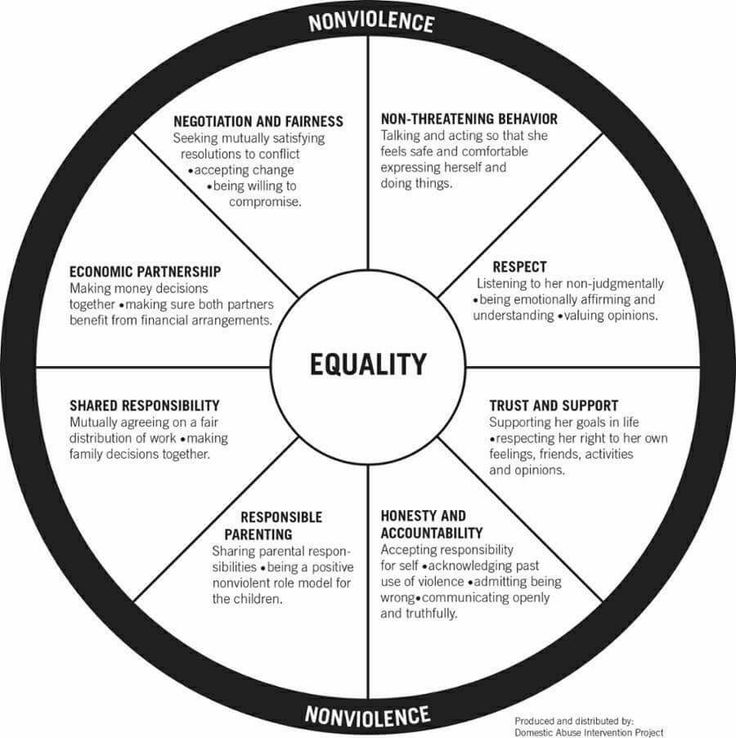
Change your user names and passwords. In case your abuser knows how to access your accounts, create new usernames and passwords for your email, IM, online banking, and other sensitive accounts. Even if you don't think your abuser has your passwords, he may have guessed or used a spyware or keylogging program to get them. Choose passwords that your abuser can't guess (avoid birthdays, nicknames, and other personal information).
Protecting yourself from surveillance and recording devices
Your abuser doesn't need to be tech savvy in order to use surveillance technology to monitor your movements and listen in on your conversations. Your abuser could be using:
Hidden cameras, such as a “Nanny Cam,” covert security cameras, or even a baby monitor to check in on you.
Smartphone apps that can enable your abuser to monitor your phone usage or track your movements.
Global Positioning System (GPS) devices hidden in your car, purse, on your phone, or other objects you carry with you.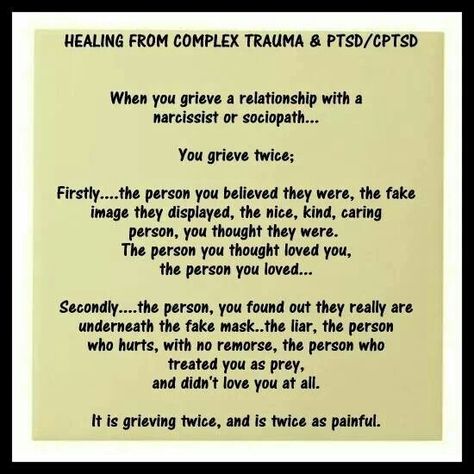 Your abuser can also use your car's GPS system to see where you've been.
Your abuser can also use your car's GPS system to see where you've been.
If you discover any tracking or recording devices or apps, leave them be until you're ready to leave. While it may be tempting to remove them or shut them off, this will alert your abuser that you're on to him.
Domestic violence shelters
A domestic violence shelter or women's shelter is a building or set of apartments where abused and battered women can go to seek refuge from their abusers. The location of the shelter is kept confidential in order to keep your abuser from finding you.
Domestic violence shelters generally have room for both mothers and their children. The shelter will provide for all your basic living needs, including food and childcare. The length of time you can stay at the shelter is limited, but most shelters will also help you find a permanent home, job, and other things you need to start a new life. The shelter should also be able to refer you to other services for abused and battered women in your community, including:
- Legal help
- Counseling
- Support groups
- Services for your children
- Employment programs
- Health-related services
- Educational opportunities
- Financial assistance
If you go to a domestic violence shelter or women's refuge, you do not have to give identifying information about yourself, even if asked. While shelters take many measures to protect the women they house, giving a false name may help keep your abuser from finding you, particularly if you live in a small town.
While shelters take many measures to protect the women they house, giving a false name may help keep your abuser from finding you, particularly if you live in a small town.
Protecting yourself after you've left
Keeping yourself safe from your abuser is just as important after you've left as before. To protect yourself, you may need to relocate so your former partner can't find you. If you have children, they may need to switch schools.
To keep your new location a secret:
- Get a prepaid mobile (“burner”) phone or an unlisted landline.
- Use a post office box rather than your home address.
- In the U.S., apply to your state's address confidentiality program, a service that confidentially forwards your mail to your home.
- Cancel your old bank accounts and credit cards, especially if you shared them with your abuser. When you open new accounts, be sure to use a different bank.
If you're remaining in the same area, change up your routine.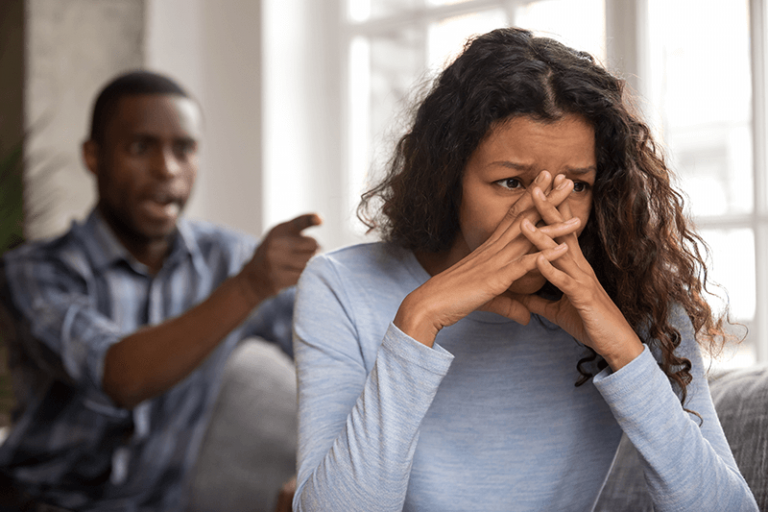 Take a new route to work, avoid places where your abuser might think to locate you, change any appointments he knows about, and find new places to shop and run errands. You should also keep a cell phone on you at all times and be ready to call your country's emergency services number (911 in the U.S.) if you spot your former abuser.
Take a new route to work, avoid places where your abuser might think to locate you, change any appointments he knows about, and find new places to shop and run errands. You should also keep a cell phone on you at all times and be ready to call your country's emergency services number (911 in the U.S.) if you spot your former abuser.
Consider getting a restraining order or protective order against your abusive partner. However, do not feel falsely secure with a restraining order. Your stalker or abuser may ignore it and the police may do nothing to enforce it.
If you are the victim of stalking or abuse, you need to carefully research how restraining orders are enforced in your neighborhood. Find out if the abuser will just be given a citation or if he will actually be taken to jail. If the police simply talk to the violator or give a citation, your abuser may reason that the police will do nothing and feel empowered to pursue you further.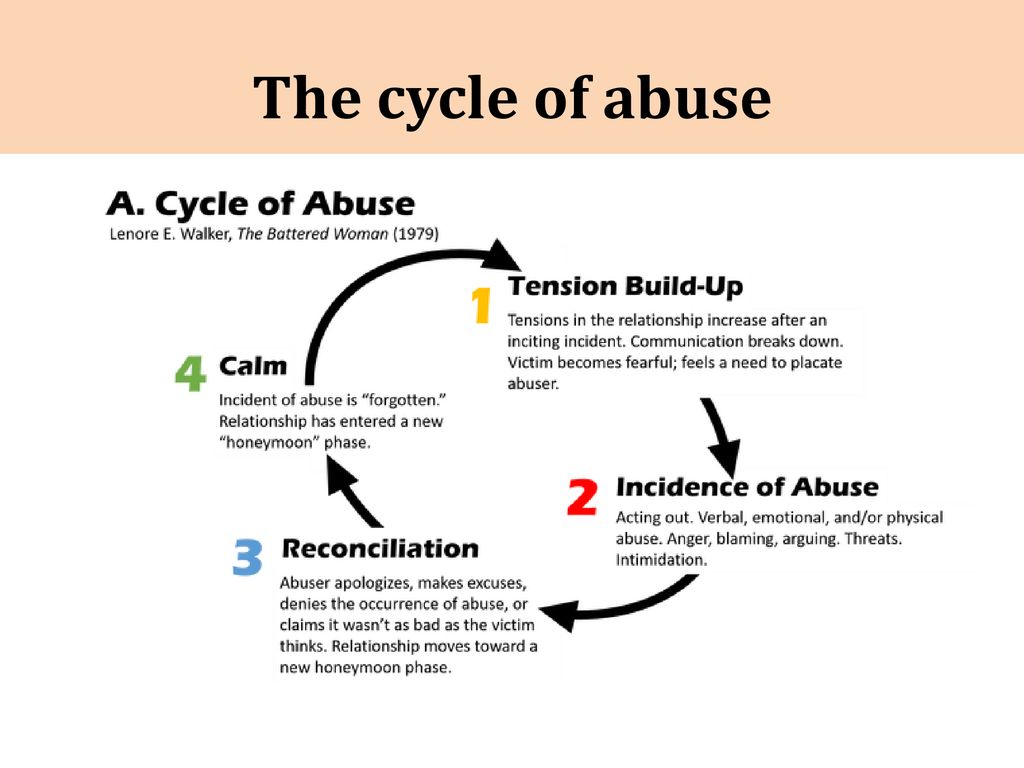 Or your abuser may become angry and retaliate.
Or your abuser may become angry and retaliate.
Taking steps to heal and move on
The scars of domestic violence and abuse run deep. The trauma of what you've been through can stay with you long after you've escaped the abusive situation. You may struggle with upsetting emotions, frightening memories, or a sense of constant danger that you just can't kick. Or you may feel numb, disconnected, and unable to trust other people. But counseling, therapy, and support groups for domestic abuse survivors can help you process what you've been through and learn how to build new and healthy relationships.
Building healthy new relationships
After getting out of an abusive situation, you may be eager to jump into a new relationship and finally get the intimacy and support you've been missing. But it's wise to go slow. Take the time to get to know yourself and to understand how you got into your previous abusive relationship. Without taking the time to heal and learn from the experience, you're at risk of falling back into abuse.
Authors: Melinda Smith, M.A. and Jeanne Segal, Ph.D.
Domestic Violence: Finding Safety & Support (PDF) – Guide for abused and battered women. (New York State Office for the Prevention of Domestic Violence)
Safety when Preparing to Leave an Abuser – Guidelines for how to safely leave an abusive relationship. (Women's Law Initiative)
Internet Security – Gives detailed instructions on how to clear your computer's Internet browser and email account from evidence of your efforts to find help for domestic abuse. (Women's Law Initiative)
Hotlines and support
Call 911 or your country's emergency service number if you need immediate assistance or have already been hurt.
In the U.S.: call the National Domestic Violence Hotline at 1-800-799-7233 (SAFE) or search Womenslaw.org's state-by-state directory of domestic violence shelters and advocates.
UK: call Women's Aid at 0808 2000 247.
Australia: call 1800RESPECT at 1800 737 732.
Last updated: December 5, 2022
Financial Help for Women Experiencing Domestic Violence
Advertising & Editorial DisclosureLast Updated: 9/20/2022
By
Sara East
|
quality verifiedQuality Verified
On This Page
Featured Experts
Explore Expert Insight
NS
Natalia Smirnova
JR
Jamie R. Wright
AP
Ashley Patrick
RL
Ronald Lieberman
EL
Ellen Lisak
AK
Amanda Kippert
SR
Stephanie Ramos
CK
Catherine Kaukinen
KM
Kendra Massey
Domestic violence or intimate partner violence impacts people of any race, age, gender or economic status. Violence can be physical, verbal, emotional and psychological. But financial abuse is one of the most common reasons that individuals of violence stay in or return to their relationships.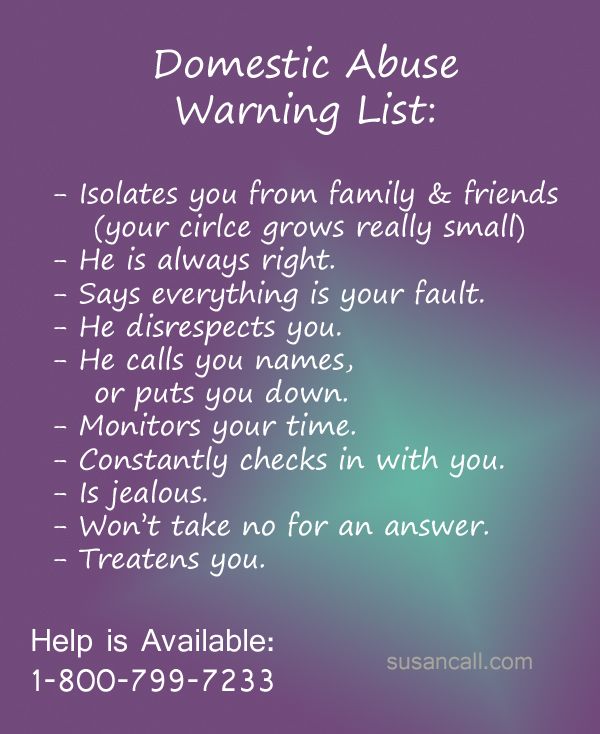
Many people, particularly women, fear for their economic well-being and become unsure of what to do. MoneyGeek shares options that can empower women to find support and assistance.
STAY SAFE
If you feel you are in danger, follow these steps:
- Call 9-1-1.
- The National Domestic Violence hotline: 1-800-799-7233
- Rape, Abuse, & Incest National Network hotline: 1-800-656-HOPE
- National Resource Center on Domestic Violence legal help. 1-800-537-2238
LEAVE THIS PAGE
Understanding Financial Abuse
Financial abuse involves manipulating a person's ability to acquire, use and maintain financial resources. They may be restricted from working or may have their money stolen. They may also have to justify minimum expenses.
Identifying Common Tactics
Financial abuse can take many forms. If your partner has a pattern of using any of the following tactics over you or your relationship, that person may be engaging in financial abuse.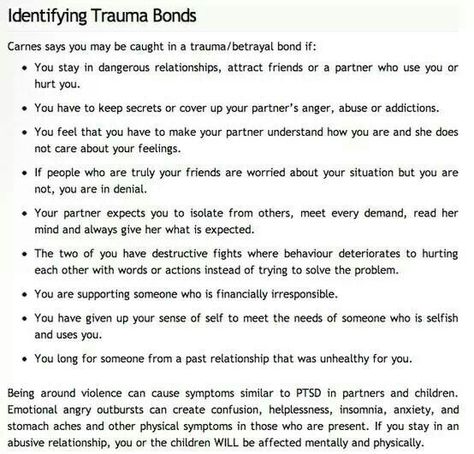
- Controlling finances: A partner may gain control over their significant other by asking for access to bank accounts. In this situation, having no control over finances can lead to an increasingly limited access to funds.
- Making overt threats: Threats and intimidation allow a controlling partner to assert power. A partner may outrightly forbid their significant other from having a job or making money.
- Withholding money: Those who experience financial abuse may be forced to ask for permission to buy personal items or basic goods. They may be given a small “allowance” but forbidden from requesting anything beyond that.
- Participating in illegal behavior: Controlling partners may ask their significant other to help steal or commit fraud. Common schemes include forcing their significant other to yield their public benefits or make false insurance claims. Their identity, property or inheritance may also be stolen.
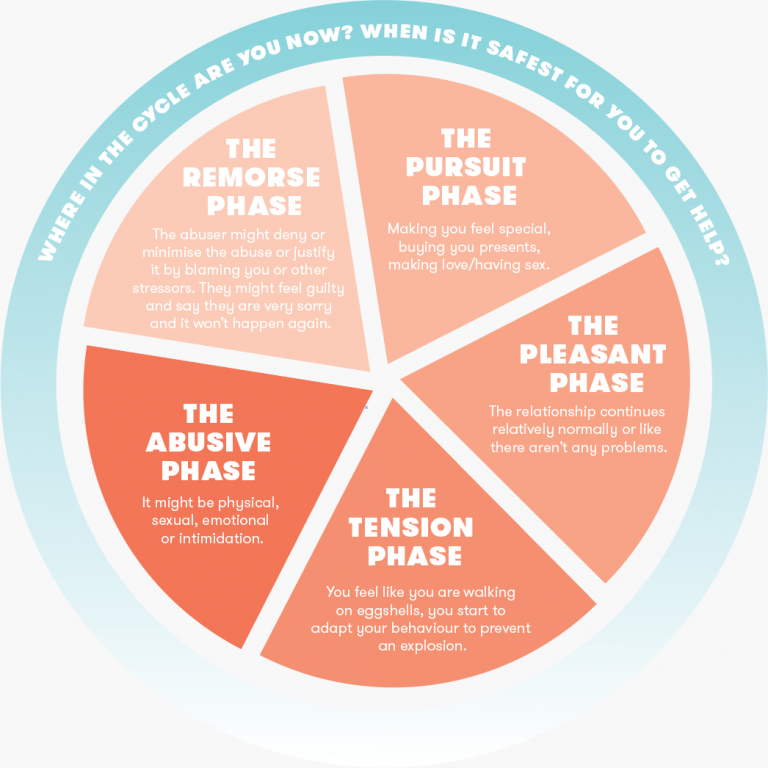
- Involving a partner in poor financial habits: Those who are in control of your finances may leave bills unpaid, run up debt or credit card limits and ask others to pay for everyday expenses.
Preparing to Leave
For many women, domestic violence or intimate partner violence is life-altering. Leaving an unhealthy relationship takes courage, planning and support. Making adequate emergency and financial preparations can be a way to limit feeling overwhelmed. Rehearse and practice your plans to know the exact steps you’ll take in a situation. The more you rehearse, the better prepared you’ll be.
Emergency Planning
Having an emergency plan can help an individual leave an unhealthy relationship. Survivors can feel more prepared to forge a new path and end a cycle of dependence and violence when they are able to plan ahead.
Financial Planning
In many unhealthy relationships, women have no or limited control over their finances. Economic fear may lead many women to stay in holding patterns with their relationship. If a woman does manage to leave, she may do so without a financial base. The following steps will help you overcome potential financial struggles.
Economic fear may lead many women to stay in holding patterns with their relationship. If a woman does manage to leave, she may do so without a financial base. The following steps will help you overcome potential financial struggles.
COVID-19 and Domestic Violence
Research conducted by the National Commission on COVID-19 and Criminal Justice found that there was an 8% increase in domestic violence reports during COVID, and it’s believed that number is highly underreported. There was also a decline in arrests of less severe violence because police were not allowed in homes.
“COVID made the perfect storm for a pandemic within a pandemic,” said Dr. Catherine Kaukinen, contributing author to the National Commission study. “We saw COVID become a tool for abusers. Everything was exacerbated and women were unable to go to hospitals or shelters to seek help.”
Recently, the Biden administration announced a $200 million allotment from the American Rescue Plan to support services for survivors of domestic violence as a result of the rise in cases during lockdown.
Where to Find Financial Support and Assistance
There are various sources of financial support and assistance for survivors of violence. You can find resources and tools for housing, medical, legal and nutritional needs.
Housing Needs
A lack of safe and affordable housing is a common barrier for survivors of violence. Women often have difficulties choosing to leave if they don’t feel they have somewhere safe to go. Whether it’s temporary or permanent, it’s advisable to start preparing and securing your safe home before you leave.
If you are renting, it may be necessary to purchase renters insurance, which can protect you and your belongings against fire, vandalism or another insured disaster.
If you’re considering purchasing a home, research popular home loans such as conventional, FHA and USDA loans and review mortgage rates to get a better idea of what your overall estimated mortgage payments may be.
It's also important to budget for homeowners insurance. You can find the best homeowners insurance by shopping around online or calling several companies for quotes.
You can find the best homeowners insurance by shopping around online or calling several companies for quotes.
Food Assistance
Both temporary and short-term food assistance programs can help ensure that a survivor and her children meet their nutritional needs. An array of federal, state and local programs can help.
- Temporary Assistance for Needy Families: TANF provides financial assistance, social support programs and food for pregnant women and adults who are responsible for children under the age of 19. Recipients must have low incomes and underemployed or unemployed.
- Special Supplemental Nutrition Program for Women, Infants and Children (WIC): This federal program is aimed at helping women secure food. Through state programs, WIC provides food, health care referrals and nutrition education to low-income pregnant, breastfeeding and postpartum women, as well as infants and children up to the age of five. Most states also run their own food stamp and food voucher programs.

- Supplemental Nutrition Assistance Program (SNAP): SNAP is a federal program that provides a supplemental budget for women and low-income families to purchase food. Women who are living in emergency or domestic abuse shelters qualify for assistance.
Medical and Mental Health Support
More than half of women seen by mental health professionals have been affected by an intimate partner. Domestic violence can result in post-traumatic stress disorder, anxiety, depression and other conditions. There are several places women can go for medical and mental health support.
- Medicaid: Medicaid is a federally funded health insurance program that provides coverage for low-income individuals. Medicaid can help women access affordable primary, preventive, specialty and long-term care services.
- Children’s Health Insurance Program (CHIP): CHIP provides low-cost health care coverage for children whose families may make too much money to qualify for Medicaid.
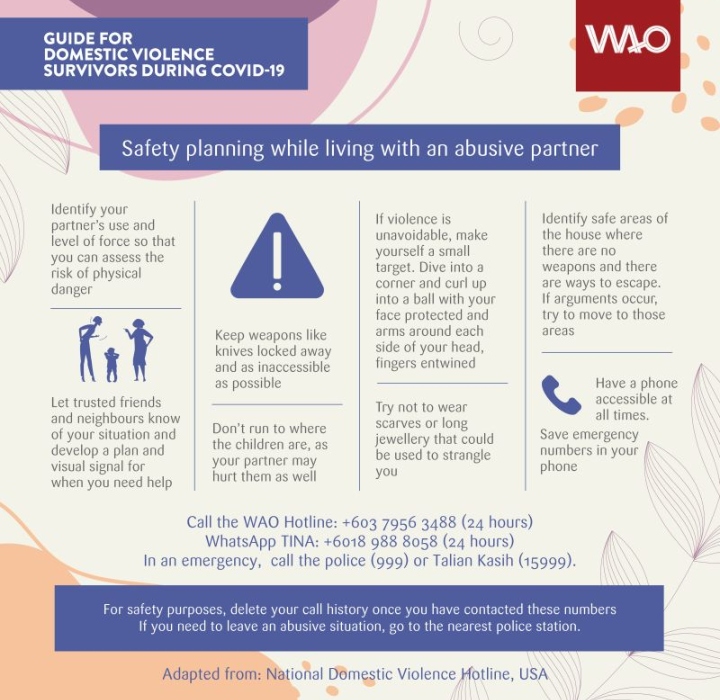 Every state has different eligibility requirements.
Every state has different eligibility requirements. - National Center for Victims of Crime: This nonprofit organization partners with local, state and federal organizations to help advocate for victims and train professionals in offering support. It also offers resources and support for medical and mental health assistance.
- American Academy of Cosmetic Dentistry Charitable Foundation (AACDCF ): The AACDCF offers dental services and support programs to women and children who have suffered dental injuries as a result of domestic violence. The AACDCF will help connect you with local dentists in your area.
- The Mental Health Parity and Addiction Equity Act (MHPAEA) of 2008: The Act’s website can help answer questions you have about health insurance and using your coverage to see a mental health professional.
- Face2Face: Many nonprofits like Face2Face offer counseling, medical care, housing support and other social services to youth. Face2Face is based in Minnesota, but similar organizations exist across the United States.
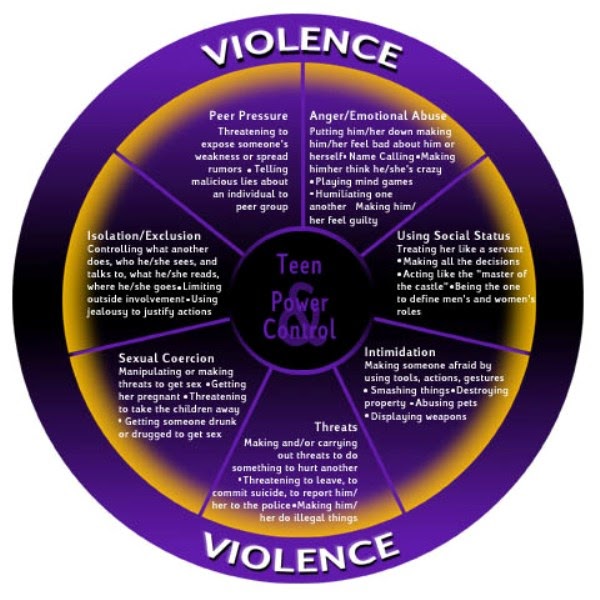
Legal Assistance
Survivors of domestic violence can access assistance to exercise their rights. Legal aid services and lawyers can help a survivor understand restraining orders, child custody, family court and divorce law, among other topics. Often, domestic violence is covered by state laws, although regulations can vary.
Legal Challenge
How to Do This
Obtaining a restraining or protective order
You can file for a restraining order through your local county courthouse or domestic violence resource center.
Gaining child custody
Always take a child with you if you leave an abusive relationship and document all abuse when it happens. This way, you can prove abuse at a custody hearing.
Differing state arrest laws
States have laws that tell enforcement officers how to respond to intimate violence. Some states require an arrest, some leave it to the officer’s discretion. It’s best to check on your state’s laws.
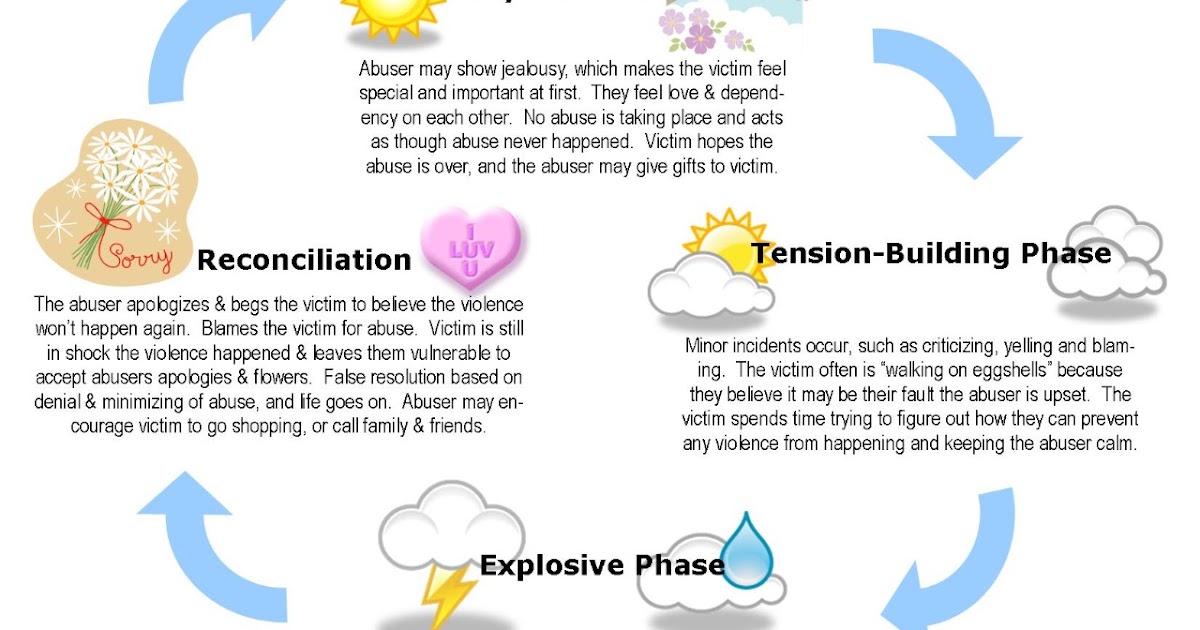
Guaranteeing safety
Most states provide victims with the right to privacy and safety while in court. This includes the right to ask for separate waiting rooms and staggered court times.
Filing for divorce
If you live in a “no fault” state, you do not have to prove abuse for a divorce to be granted. A lawyer can help you file for divorce.
Legal issues can be highly complex for survivors of domestic violence. The following legal resources are a good place to start.
- Guide to Domestic Violence Law in America: This guide breaks down the legal rights of survivors affected by domestic violence. It also discusses state laws for officer responses and tips for obtaining legal advice.
- Women’s Law: This site provides information by state regarding custody laws in domestic violence cases. It also provides insight into divorce and steps that women can take to gain custody of their children in each state. It is a project of the National Network to End Domestic Violence, Inc.
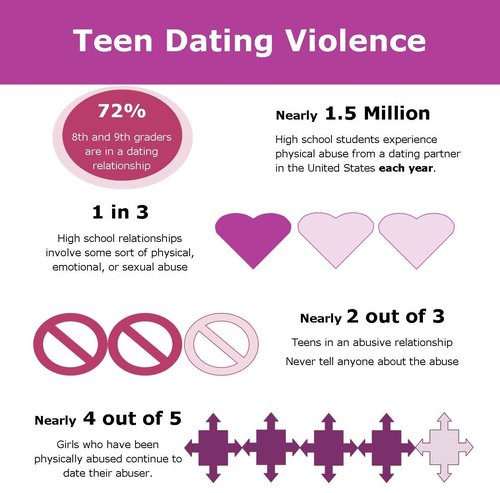
- National Women’s Law Center: This national organization offers legal services and assistance to women. Survivors can connect with lawyers and find legal resources.
- Legal Momentum: This site provides resources and tools to assure survivors keep their jobs or find work.
Path to Regaining Financial Independence
Feeling financially secure can help an individual walk away from domestic violence or intimate partner violence. Improving personal finances can be a key way to begin to achieve independence.
Updating Insurance Policies
When you’ve worked hard to regain your financial independence, you’ll want to make sure you’re protected with insurance. You should plan on getting separate auto insurance coverage if you’re taking a vehicle with you when you leave. It may also be a good idea to add coverage with a new insurance company or shop around and compare car insurance quotes for the most affordable options.
You’ll also want to obtain proper health insurance for you and your children for any physical or emotional needs.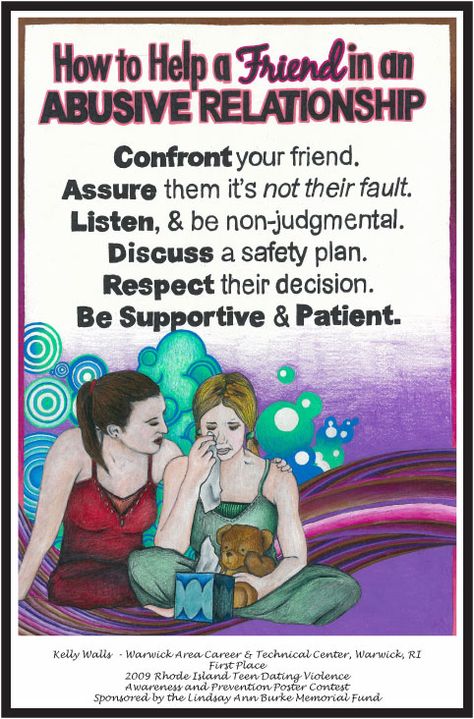 There are a variety of insurance options available for low-income families and individuals and even health insurance options for young adults.
There are a variety of insurance options available for low-income families and individuals and even health insurance options for young adults.
If you already have life insurance coverage, make sure to review your current policy to update the beneficiary information and remove your former partner if that person is listed. If you have not purchased life insurance and have children or other family members who would be financially impacted by your death, purchasing coverage as soon as possible is advisable.
Developing a Credit Score
Having a good credit score is an important part of your financial health. A credit score allows you to access loans and credit cards which can help you in regaining your financial independence. Having a higher score will likely mean getting a lower interest rate on loans. Even bad credit scores can be improved by paying bills on time, keeping low credit card balances, paying off bills on time and paying off bills in full.
Finding Employment
Earning and spending money can be empowering. The following sites and resources are good to use if entering the workforce after an absence due to domestic violence.
The following sites and resources are good to use if entering the workforce after an absence due to domestic violence.
- Dress for Success: This organization provides support, professional attire and development tools to help women achieve economic independence.
- Her Voice: Her Voice is a female mentorship program that partners recent survivors with women who have been recovering from intimate partner violence for a longer period of time.
- Workforce Innovation and Opportunity Act (WIOA): WIOA is legislation that helps Americans facing significant barriers to employment. The Act’s website provides further details and assistance.
- CareerOneStop: CareerOneStop provides a variety of resources for finding work or making a career change. It also offers training opportunities and career advisors.
- ReacHIRE: This program focuses on sending women back to work. The program includes training and placement opportunities.
Expert Advice for Women Experiencing Domestic Violence
- How can women regain financial independence after experiencing domestic violence?
- Who can women turn to for financial and emotional support while they are going through abuse and after they make a decision to take back their lives?
- Why are finances one of the biggest barriers to leaving a domestic abuse situation?
- One of the byproducts of both physical and emotional abuse is a lack of self-esteem.
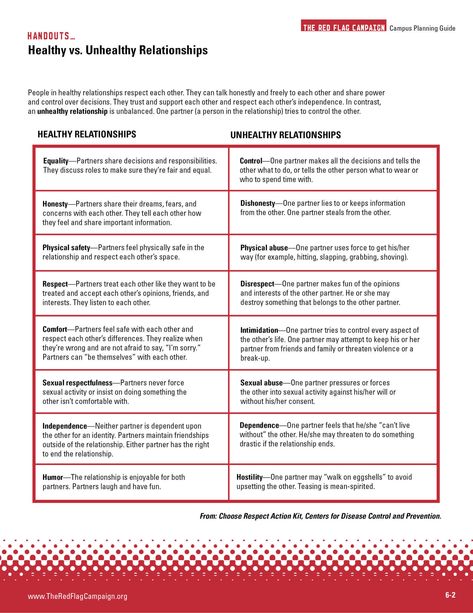 How can survivors overcome that?
How can survivors overcome that? - Simply "getting out" of an unhealthy relationship is a huge issue for many women. What are the first steps?
- What is the reason a woman returns to an unhealthy relationship and how can they overcome that barrier?
Stephanie Ramos
Economic Justice Advocate at The Shelter for Abused Women & Children
Amanda Kippert
Advocate and Editorial Director of DomesticShelters.org and Co-Host of the podcast, Toxic
Catherine Kaukinen
Professor and Chair of Criminal Justice at University of Central Florida
Kendra Massey
Norse Violence Prevention Center Director at Northern Kentucky University
Ashley Patrick
CEO and Founder at Budgets Made Easy
Ronald Lieberman
Family Law Attorney and Esquire in New Jersey
Ellen Lisak
Senior Program Officer at The Allstate Foundation
Jamie R.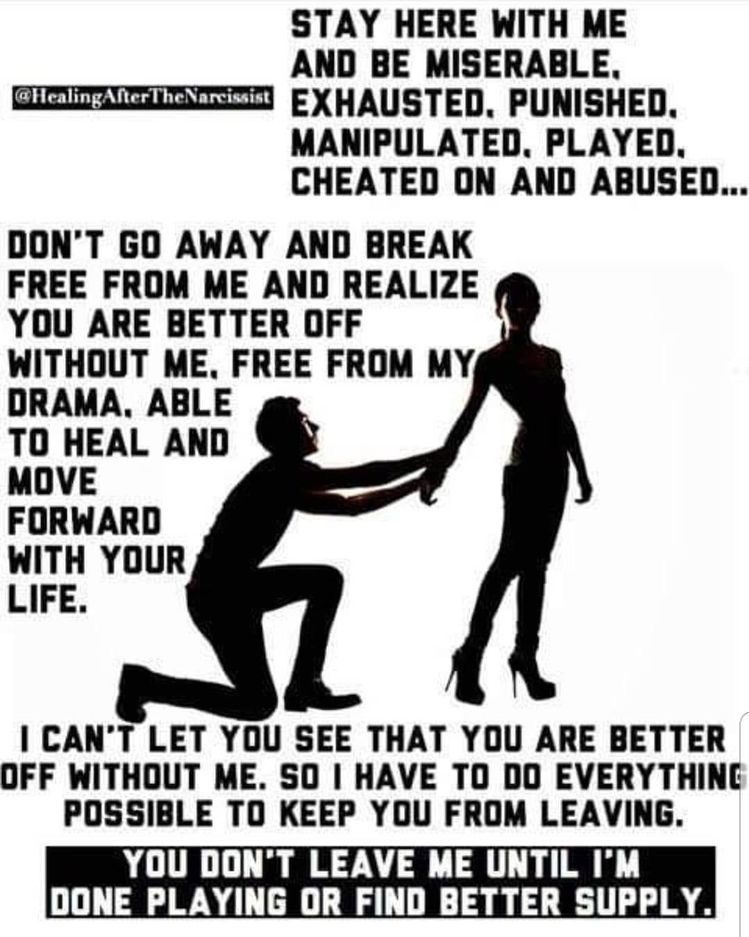 Wright
Wright
Board of Directors Member at Houston Area Women’s Center (HAWC) and Unsilenced Voices
Wendy Patrick
Business Ethics Lecturer at San Diego State University
Jonathan D. Breeden
Attorney at Law, Owner of Breeden Law Office
Tracy L. Tamborra, Ph.D.
Professor at the Henry C. Lee College of Criminal Justice and Forensic Sciences at the University of New Haven
Natalia Smirnova
Assistant Professor in Residence at the University of Connecticut and Founder and Principal at YouCount!
Additional Resources
Finances are one of the biggest barriers to leaving an unhealthy relationship. Whether you’re currently in, recently left or surviving such a relationship, many other resources can give you support.
- National Center on Domestic and Sexual Violence: NCDSV offers consulting, training and advocacy on issues relating to domestic violence and sexual abuse.

- Allstate Foundation's Financial Literacy Program: Allstate provides financial literacy and support services to domestic violence survivors. The foundation also gives grants to shelters which offer one-year financial literacy programs.
- Break the Silence Against Domestic Violence: This worldwide organization offers a supportive community to those who have lost a loved one due to domestic violence.
- National Resource Center on Domestic Violence: The resource center offers a comprehensive source of information for people who want to learn more about domestic violence and help others.
- National Network to End Domestic Violence (NNEDV): NNEDV projects address the causes and consequences of domestic violence. Through WomensLaw, the program also provides legal information and resources to people experiencing domestic violence, sexual assault, stalking or dating violence.
- Joyful Heart Foundation: The foundation helps survivors of sexual assault, domestic violence and child abuse and aims to heal, educate and empower survivors.
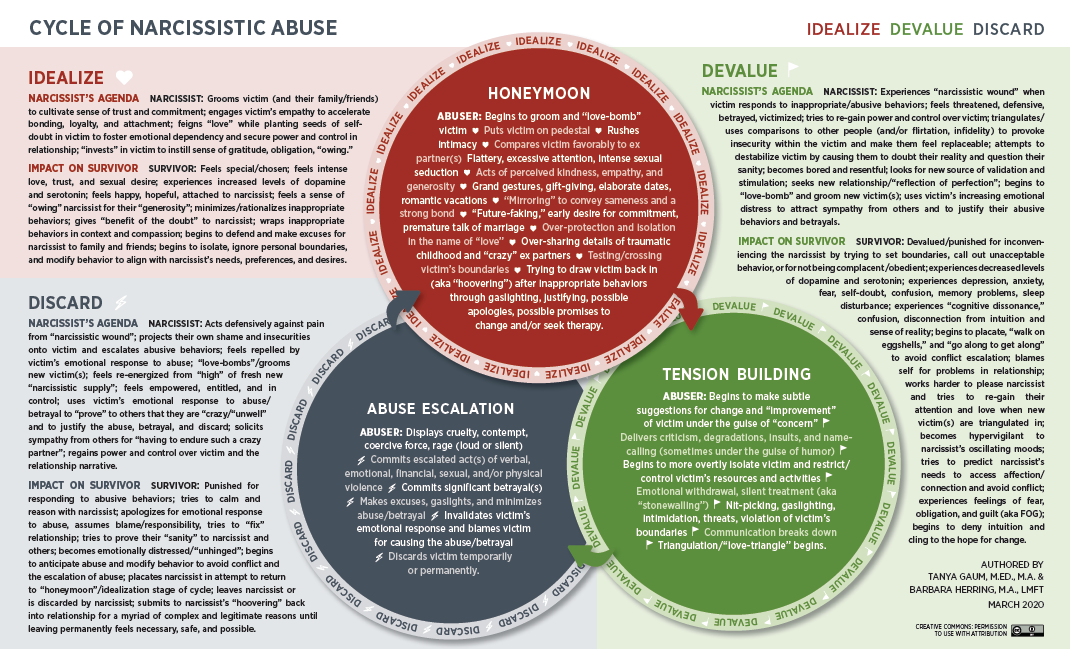
- National Endowment for Financial Education (NEFE): The endowment is a national organization dedicated to helping individuals gain the necessary skills to increase their financial education.
- Steps to End Domestic Violence: This prevention and advocacy organization helps survivors of domestic violence safely transition to a new life by offering physical and emotional support.
- Savvy Ladies: This female-founded nonprofit provides financial education for women. The nonprofit also provides a 1:1 personal financial helpline that offers private, safe and secure guidance about money.
About the Author
sources
- California Courts. "Make a Safety Plan." Accessed May 26, 2021.
- Domestic Violence Resource Center. "Safety Planning – Domestic Violence Resource Center." Accessed May 24, 2021.
- MentalHealth.gov. "Health Insurance and Mental Health Services." Accessed May 25, 2021.
- National Center on Domestic Violence, Trauma and Mental Health.
 "Prevalence of Intimate Partner Violence and Other Lifetime Trauma Among Women Seen in Mental Health Settings." Accessed June 10, 2021.
"Prevalence of Intimate Partner Violence and Other Lifetime Trauma Among Women Seen in Mental Health Settings." Accessed June 10, 2021. - National Domestic Violence Hotline. "Understand Relationship Abuse." Accessed June 9, 2021.
- National Network to End Domestic Violence. "The Impact of Safe Housing on Survivors of Domestic Violence." Accessed May 24, 2021.
- National Network to End Domestic Violence. "About Financial Abuse." Accessed June 10, 2021.
- Peel Committee Against Woman Abuse in Ontario. "Creating a Safety Plan." Accessed June 9, 2021.
- Pennsylvania Coalition Against Domestic Violence. "Financial Abuse." Accessed May 25, 2021.
- World Health Organization. "Devastatingly pervasive: 1 in 3 women globally experience violence." Accessed June 10, 2021.
How to get out of an abusive relationship - Moscow Department of Labor and Social Protection
The topic of psychological and physical violence in relationships is one of the most popular in recent years.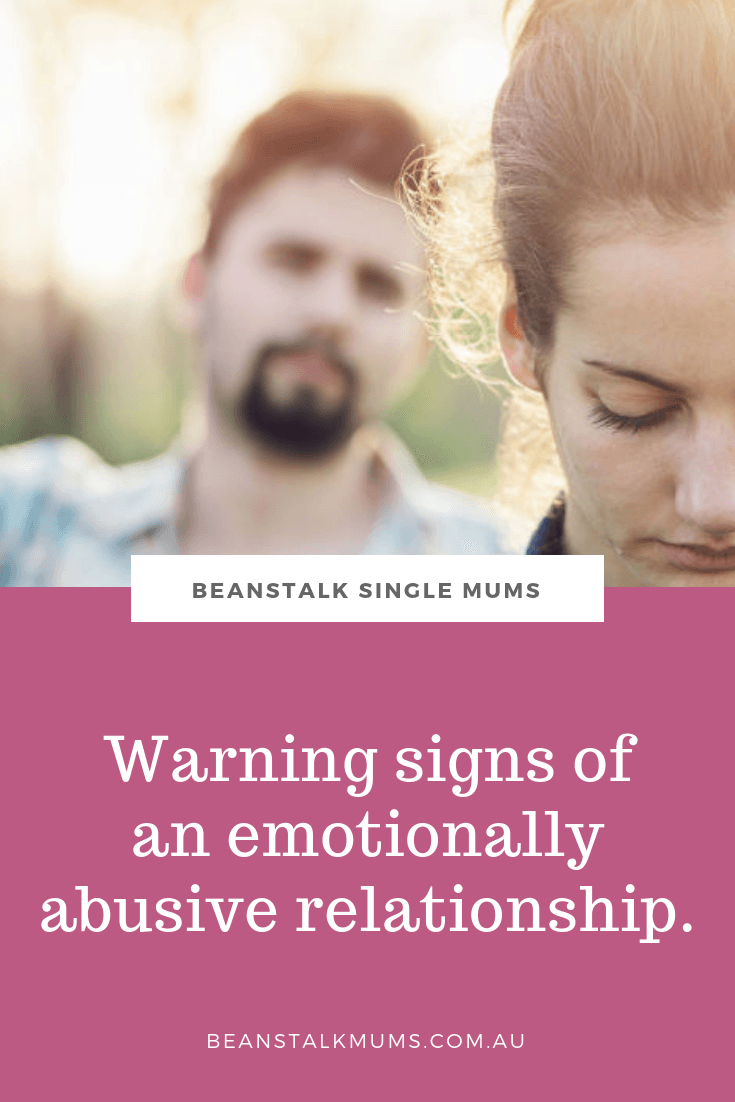 What happens to a person when he turns from a romantic in love into a ruthless critic? Why are reproaches and cruelty replacing tender dates? Daria Plugovaya and Viktoria Malinina, specialists from the Moscow Psychological Assistance Service and the Family Center, tell us how to distinguish between abusive relationships and why they arise. nine0004
What happens to a person when he turns from a romantic in love into a ruthless critic? Why are reproaches and cruelty replacing tender dates? Daria Plugovaya and Viktoria Malinina, specialists from the Moscow Psychological Assistance Service and the Family Center, tell us how to distinguish between abusive relationships and why they arise. nine0004
An abusive relationship can be defined as a pattern of behavior in which one partner commits violence (psychological, physical, financial or economic) against the other. The most common is psychological abuse, it is expressed in manipulation, humiliation, threats and insults.
27-year-old Evgenia applied to the family center. During the first consultation with a psychologist, the girl said that she loved her husband, but sometimes she felt depressed, tense and afraid of him. In the course of working with a psychologist, it turned out that Evgenia is in an abusive relationship. nine0007
The girl shared, for example, such an incident from her life.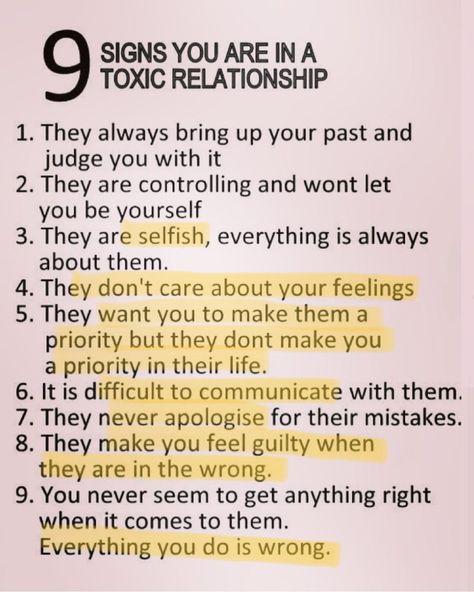 The husband insisted that they go together to his parents. Evgenia refused due to being very busy at work. The man began to scream, threw a plate at her with the words: “I warmed you up, provide for you, work from morning to night, no gratitude in return. You are worthless! Why only contacted you?” After the young man apologized, complained that he got excited. In the future, he promised to control himself, as a sign of reconciliation he presented a ticket to the sea, then they set off on a journey together. The girl tried to forget about the incident. After some time, the psychological violence was repeated again. And soon it completely became a habit. nine0007
The husband insisted that they go together to his parents. Evgenia refused due to being very busy at work. The man began to scream, threw a plate at her with the words: “I warmed you up, provide for you, work from morning to night, no gratitude in return. You are worthless! Why only contacted you?” After the young man apologized, complained that he got excited. In the future, he promised to control himself, as a sign of reconciliation he presented a ticket to the sea, then they set off on a journey together. The girl tried to forget about the incident. After some time, the psychological violence was repeated again. And soon it completely became a habit. nine0007
After six months of regular psychological counseling, Evgenia managed to strengthen her personal boundaries, restore her self-esteem and form an acceptable model of interaction in a couple. The girl decided to get out of an unhealthy relationship.
Unhealthy "love"
An abusive pattern of behavior arises under the influence of psychological, social and genetic factors.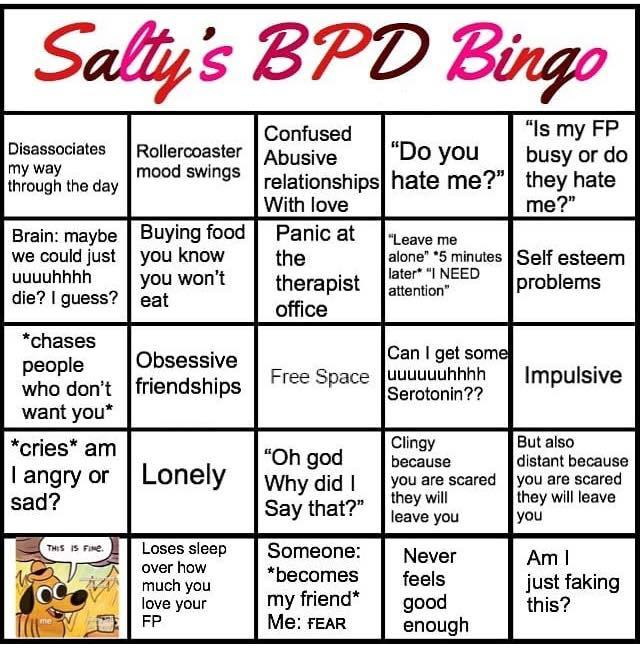 From the point of view of genetics, this form of behavior can be inherent in a person at birth. At the same time, it is extremely important to take into account family relations, how parents interact, how the social environment influences. nine0007
From the point of view of genetics, this form of behavior can be inherent in a person at birth. At the same time, it is extremely important to take into account family relations, how parents interact, how the social environment influences. nine0007
If a child lives in a family where the father shows physical or psychological violence towards his wife and children, this leaves an imprint on the behavior of the child, and then the adult person in the future. Also among the reasons is the desire of the partner to assert himself at the expense of the victim, thus increasing his self-esteem. In addition, physical or sexual abuse in personal experience or the presence of a mental personality disorder may affect.
Signs of psychological abuse
- Striving for power and total control. The main goal of the aggressor in this situation is to deprive you of any support and resource environment, to completely control you and your time.

- Double standards. The so-called one-sided game, which involves the continuous growth of duties and responsibilities for one side and their complete absence for the other. Any of your efforts and efforts are depreciated, and needs are ignored. nine0038
- Financial dependence. It is unprofitable for a manipulator to build relationships with a self-sufficient and successful person. Over time, the lack of your own interests, hobbies, earnings reduce your self-esteem and status in relationships.
- Constant complaints and dissatisfaction. In any situation, the manipulator is inclined to remove himself as much as possible from responsibility and beg for support, skillfully creating the image of a victim of circumstances.
- Chronic fatigue. nine0004 The tyrant slowly and steadily lowers self-esteem, builds a lot of manipulations, leading to endless showdowns, excuses and an imaginary feeling of guilt.
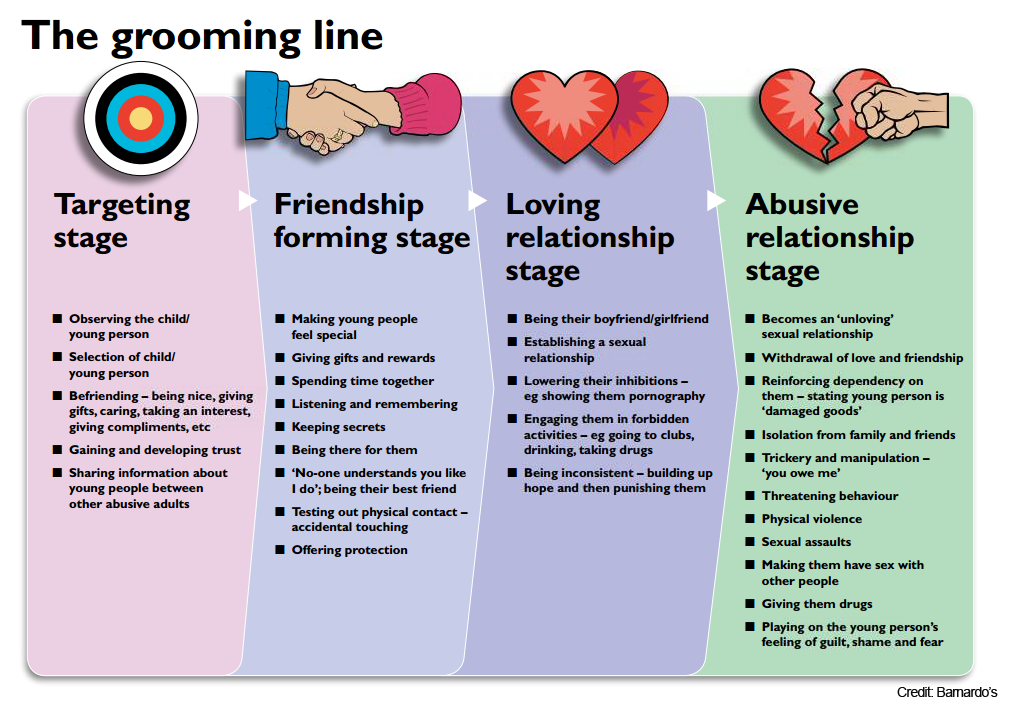 As a result, this relationship model leads to a state of apathy, fatigue, and sometimes health problems.
As a result, this relationship model leads to a state of apathy, fatigue, and sometimes health problems.
Behavioral cycle of violence and ways to destroy it
- "Increasing tension" : the phase is characterized by a breakdown in communication with a partner, fear grows in the victim, and the level of irritability in the aggressor. The first attempts are being made to calm the abuser, the manifestation of violence is still minimal. nine0003
- Violent Incident is the next step. There is physical, emotional, psychological abuse, as well as anger and manipulation.
- "Reconciliation" - this phase is characterized by an apology from the abuser, denial of the incident, promises that the violence will not happen again.
- "Honeymoon" - the final stage. At this level, the incident is "forgotten", the victim believes the abuser, there is no violence.
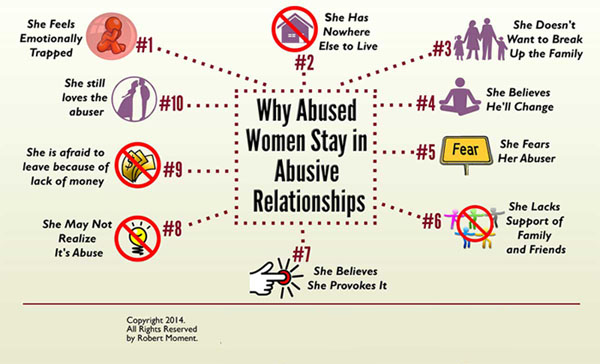 nine0038
nine0038
Abusive Relationship Victim Questionnaire
Recognizing that you are in an abusive relationship is the first step to getting out of it. A psychologist can help with this, but it is important to pay attention on your own to how you feel when communicating with a partner. You can figure out if you are in an abusive relationship with the help of a small questionnaire. Answer questions honestly and sincerely.
- Are you exposed to open criticism and dissatisfaction from your partner (criticism of appearance, behavior)? nine0038
- Does your partner show jealousy?
- Does your partner forbid you to communicate with friends, parents, colleagues?
- Is your partner threatening you?
- Does your partner behave the same way alone with you and in public?
- Do you change your behavior or keep silent about something out of fear of your partner?
- Are you afraid to make decisions without his knowledge?
- Do you feel worthless because of your partner's words or actions? nine0038
- Is your partner hard to please?
- Does your partner ignore your emotions, feelings, experiences?
If you answered yes to most of the questions, you are probably in an abusive relationship and are a victim.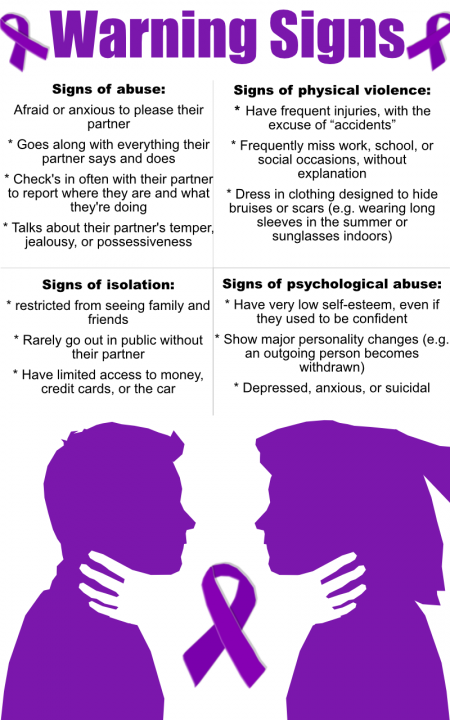 In this case, you need help. If there is a risk of physical violence, you need to contact law enforcement agencies. If you are subjected to psychological abuse, contact psychologists. There are hotlines for emergency assistance. nine0007
In this case, you need help. If there is a risk of physical violence, you need to contact law enforcement agencies. If you are subjected to psychological abuse, contact psychologists. There are hotlines for emergency assistance. nine0007
In addition, you can get a free consultation from a specialist of the Moscow Psychological Assistance Service. You can also call the 24-hour psychological emergency number 051 (for city), +7 (495) 051 (for mobile), or contact the psychological support chat. All details are on the website https://msph.ru/.
28 city organizations work to support Moscow families: 25 My Family Centers, as well as the Crisis Center for Women and Children, the Vozrozhdeniye and Altufyevo social rehabilitation centers for minors. nine0007
The specialists of the centers work to restore relations between children and parents, provide legal and psychological assistance, conduct trainings, developmental classes, and much more. If necessary, targeted assistance is provided: social electronic certificates are issued for products, clothing and household appliances.
Also, on the basis of the capital's family centers, mediation services have been created that are ready to receive citizens on such contentious issues as child-parent relationships, interpersonal, family and marital conflict situations, problems associated with divorce proceedings. nine0007
Detailed information about the services can be found on the page of the My Family Center portal. For the convenience of Muscovites, the "Online Consultations" section has been created on the portal, where each resident of the city can leave a request and they will be contacted within one business day.
Press Service of the Moscow Department of Labor and Social Protection
How to get out of an abusive relationship. Psychological advice
Photo by Eric Ward on Unsplash
The term "abuser" has already become quite trendy. Humorous videos are often made about this type of behavior and psychologists do not ignore it.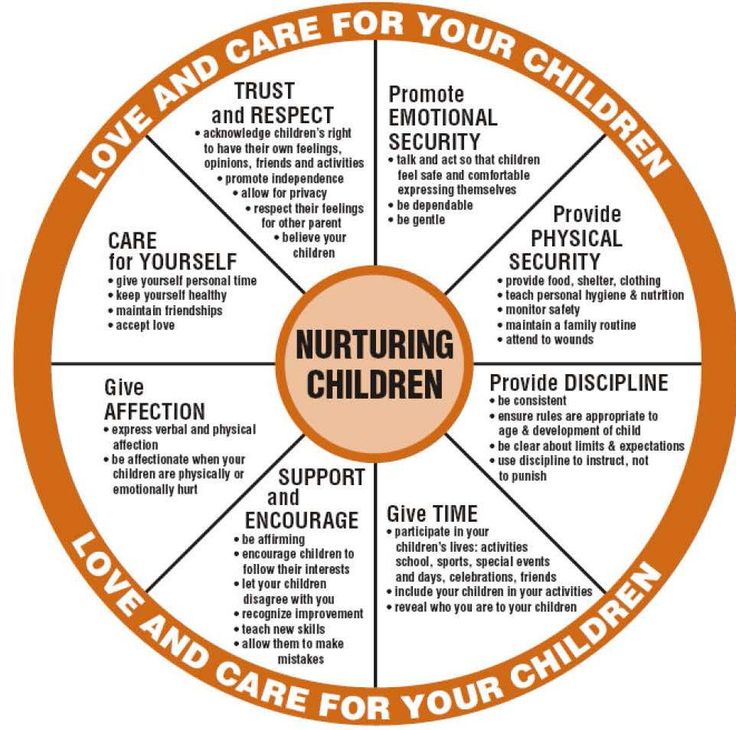 And this happens for a reason. According to experts, the topic of abusive relationships is very serious and complex. "Moments" together with a psychologist figured out why such relationships arise between two people in love and how to distinguish them from healthy ones.
And this happens for a reason. According to experts, the topic of abusive relationships is very serious and complex. "Moments" together with a psychologist figured out why such relationships arise between two people in love and how to distinguish them from healthy ones.
- Abusive relationships - relationships in which the partner violates the personal boundaries of another person, humiliates, allows cruelty in communication and actions in order to suppress the will of the victim. Both men and women can be abusers,” psychologist Daria Karamysheva told Moments. nine0143According to her, there are several types of abuse that can be combined in a relationship. The first is psychological. It includes threats, humiliation and insults from the aggressor.
Photo by Victoria Volkova on Unsplash
- The partner is told that he is stupid, incapable of anything and not needed by anyone, and the environment only harms the development of their relationship.The victim begins to think that this is really so and narrows the circle of his communication, the psychologist told Moments. nine0143
The second type of abuse is physical. It is characterized by the constant use of brute force, which, according to the partner, is done for the purpose of "education". There is also a third type - economic, when the aggressor puts his soulmate in complete financial dependence on him. After that, he begins to control all the money and expenses in the pair.
Abusive relationships are built according to a special cycle. Initially, the partners go through the stage of idealization, when the abuser exalts the victim and actively cares for her, and their relationship develops rapidly. Next comes tension. Any external stress: domestic issues, work make the aggressor angry. He ignores his partner, gets offended and blames. nine0007
Photo by Nik Shuliahin on Unsplash
After the nerves are heated to the limit, comes the stage of violence.
All the accumulated tension of the abuser becomes a reason for using force against the victim. Only later, when all the energy is thrown out and all the words have been said, reconciliation begins. The offender tries to regain the trust of the victim: he cares, asks for forgiveness, promises to improve.
In the event that his other half goes to reconciliation, they reach the stage of "calm". Their relationship briefly improves, calm returns. And the partner has a hope that the experienced violence is a thing of the past. However, everything continues in a circle, and the "idealization" gradually becomes only shorter. nine0007
How do you know if you are in an abusive relationship?
Photo by Andrik Langfield on Unsplash
Excessive jealousy and control funds,” said psychologist Daria Karamysheva.
Aggressive, threatening and offensive behavior
It can manifest itself both to other people, for example, service personnel and subordinates, and to a partner.
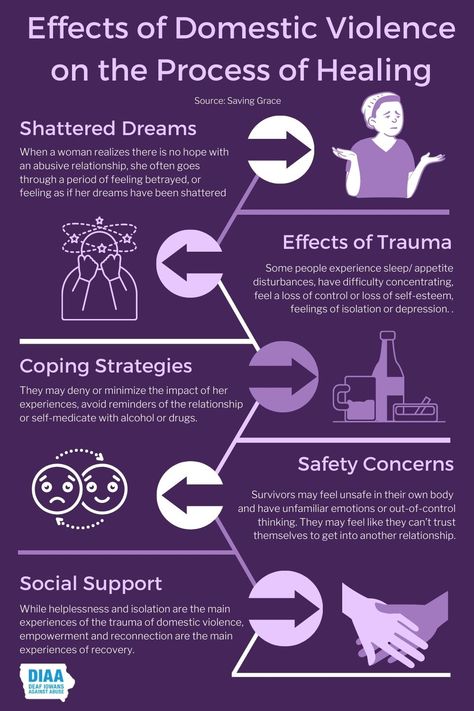
Boundary violation
Ignoring and violating your personal space physically, intellectually, emotionally and financially. Of course, it is impossible to see such boundaries, but everyone can recognize and feel them.
Presence of restrictions
The abuser may forbid meeting with girlfriends, friends, relatives. He demands to return from work at the same time and report on where and with whom you are, ask for confirmation with photographs. nine0007
- If you agree to something you don't want, the relationship brings fear and suffering. You “walk on tiptoe” in front of your partner, you are afraid to offend, upset or anger him, you constantly ask for leave or make excuses - this is a call that something is wrong in your relationship, the specialist added.How to get out of an abusive relationship?
Photo by Anthony Tran on Unsplash
According to the psychologist, ending a relationship with an aggressor is not always easy.
This can be hindered by deep-seated attitudes that have been instilled since childhood: “beats, it means he loves”, “everyone lives like that”, “do not wash dirty linen in public”. nine0007
— Dependence and fear also prevent you from getting out of such a relationship. The abuser subjugates the victim, instills in her that she cannot cope without him. Plus, the victim is under severe threats to life and health. In addition, the partner gets used to the cyclical nature of abuse and becomes dependent on it,” said Daria Karamysheva.She emphasized that the first and main step is to accept that there is abuse. Next, you need to stop believing your partner so that he does not promise and does not speak.
Photo by Cody Black on Unsplash
- If the situation does not threaten life and health "here and now", when the only possible and correct solution is immediate departure, then you need to prepare in advance for this step: save money, understand how long and where you will live after leaving, as well as when you move, prepare for changes in your usual life,” the expert recommended.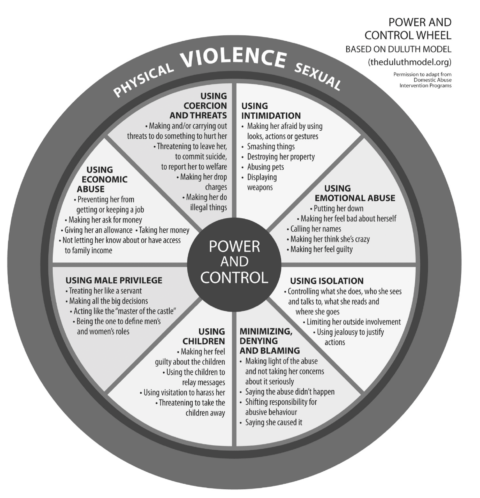
Learn more


